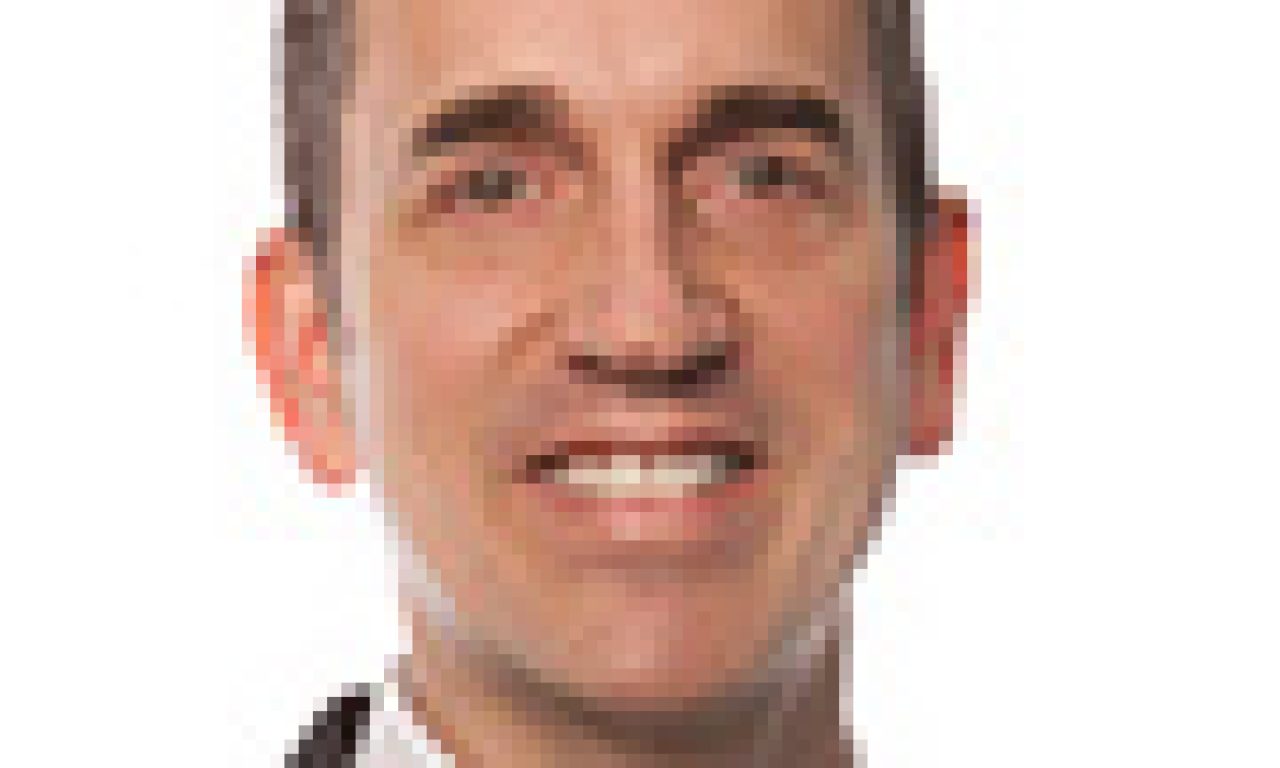Brian Langstraat
With most big super funds having to write out cheques to the ATO for the financial year just ended, for the first time since the global financial crisis, the topic of after-tax investing – forever it seems on the backburner – is coming again to the fore.
But for Parametric Portfolio Associates, the world’s biggest provider of after-tax and other efficiency-based investment strategies, the growth in its business has been strong and steady for a long time.
When Brian Langstraat, Parametric’s Seattle-based global chief executive, joined the firm from college in 1990, it had about US$300 million under management and just 11 staff. Today, it has about US$200 billion and 320 staff. Only US$35 billion of that has been obtained by acquisition – of the Clifton Group in 2012 – with the bulk by organic growth.
Parametric launched its after-tax strategies in 1992 and has expanded this core part of the business geographically, such as in Canada, Australia and Europe, and into other rules-based securities management, such as in derivatives, subsequently.
Langstraat visited Australia last week, talking to clients about various issues, including the offering of the Parametric futures overlay service (formerly that of the Clifton Group) in Australia down the track.
“We’ve made the strategic decision to offer the service here,” he said. “There should be a demand for it, but we are not going to rush it out. It’s one of the things we’ve been talking about this week.”
Langstraat, who has been the company’s chief executive since 2001, was accompanied by the head of the Australian business, Chris Briant, and local head of after-tax strategies, Raewyn Williams, in the meetings.
Parametric is owned by global manager Eaton Vance, which acquired what was then a US$4.5 billion firm in 2003. “We’ve gone from being a strategic boutique for them to representing half of the AUM of the whole firm,” Lanstraat said. “We’re no longer categorised as a boutique. It has also given us the benefits of accessing more seed money for various new strategies. It’s been good for both businesses.” Langstraat is also on the Eaton Vance board.
For most super funds, tax is by far the biggest single cost – representing about one-and-a-half times the cost of total outsourced funds management fees.
Chris Briant points out that taxation is not disclosed in the generally published expense ratios of funds; nor are foreign exchange costs, brokerage and some other charges.
“What we do is try to make sure funds focus on the other stuff [apart from manager fees] as well,” he says.
Raewyn Williams describes the savings from better after-tax management as a “quality return source” which does not rely on market cycles. It is much more consistent than the sort of returns you can get from picking stocks.
She says that in the current low-return environment, it is getting easier for funds to “move the discussion along” about better after-tax management. There is still a natural aversion to change, however, this is dissipating as the funds get more comfortable with the topic.

